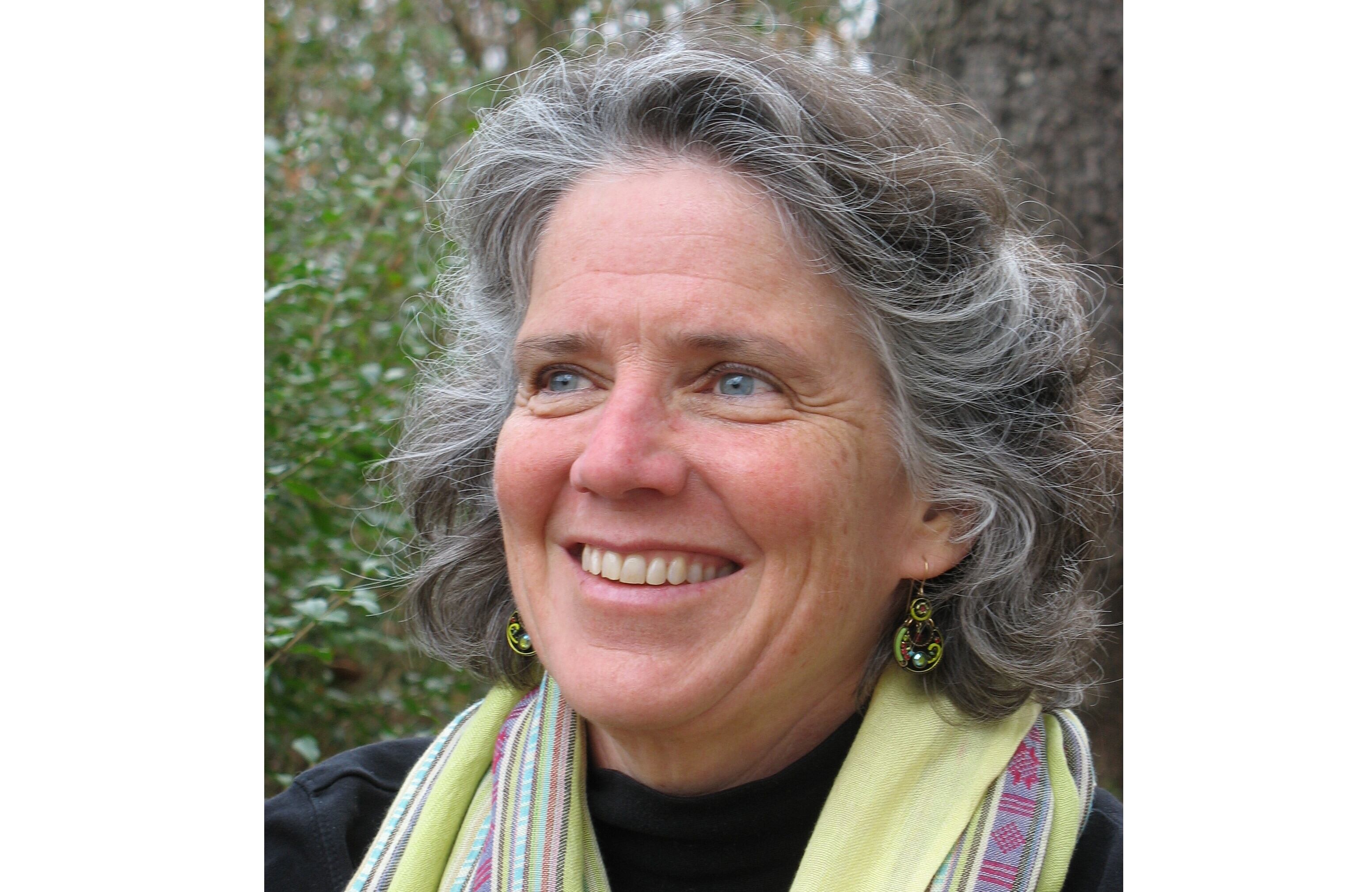Word spread. Most of the contributions came from veterans I didn't know personally. Sentences full of eloquent heartbreak poured into my inbox.
One sergeant's voice shook with tethered grief as he recalled his 19-year-old buddy: "He went out on patrol one day, and never came back. Something in me went dead. I could never make sense of anything after that."
"Still thinking about that last phone call, Brian. Still trying to make good on my promise, eight years later."
At a different base, I watched a broad-shouldered staff sergeant measuring and re-measuring the placement of each shiny medal on the chest of a dress blue uniform; he was preparing to escort his friend's body back home.
As his white-gloved hands moved across that dark blue field, he said, "I trained him, ma'am. He was my soldier." When I turned to leave, I almost missed his whispered last remark.
"He was a fine soldier, ma'am."
"Carrol, fifty years since you were killed in that place half a world away; I am old and you are forever young."
For combat veterans, memories stretch across landscapes and plow through time, seeping into layers of the present with painful loss. The years matter not to grief. Iwo Jima was more than 75 years ago, Vietnam 50 years gone, and the anguish of recent wars already begins to dim. Yet the tributes offer a clear sense that ever-fresh mourning still pulses in the hearts of our veterans.
"Wimpy, loved by all who knew him, killed on the second day of the invasion of Iwo Jima."
Grave markers and memorial services honor the dead. Those who return from war carry less visible markers of grief — wounds that are unseen, but tender and lasting. Memorial Day holds a particularly complex poignancy for warriors remembering combat brothers and sisters who never came home.
For them, the holiday isn't about parades or picnics, it's about the quiet recall of a friend's honor, courage and absence.
"Rick, I still miss you, brother, and I continue to strive to leave the world better than how I found it — the example you set for us all."
Civilians aren't privy to the bonds forged in the heat of battle. They can't truly grasp the vulnerability of putting one's life in someone else's hands. They've never felt the eternal link shaped by staring down terror, then pulling each other into the blaze of bravery required on the battlefield.
The combination of that lack of knowledge, our culture's reticence to talk about death and complicated feelings about our country's wars creates a wide gap between civilians and those tasked with carrying the memories of buddies who fought next to them.
That gap can be closed.
"I cannot memorialize one. Thirty-seven were lost when that helicopter went down, five I knew personally."
This Memorial Day, amidst summer's happy start, we honor those who gave their lives in service. We honor, too, those who came home, branded with the memories of a friend's last moments.
There's a beautiful question that ought to be asked much more frequently on Memorial Day: "Who are you remembering today?"
"I couldn't remember his name for years and years, the one who asked to switch missions with me. His name was Chuck. I found his name on The Wall and with tears running down my face, I reminded a ghost who I was and where we had met."

Elizabeth Heaney
Photo Credit: Courtesy of Elizabeth Heaney
Elizabeth Heaney is a licensed professional counselor who works with combat veterans. Her book, "The Honor Was Mine: A Look Inside the Struggles of Military Veterans," is available at Amazon.com. She's online at ElizabethHeaney.com.





